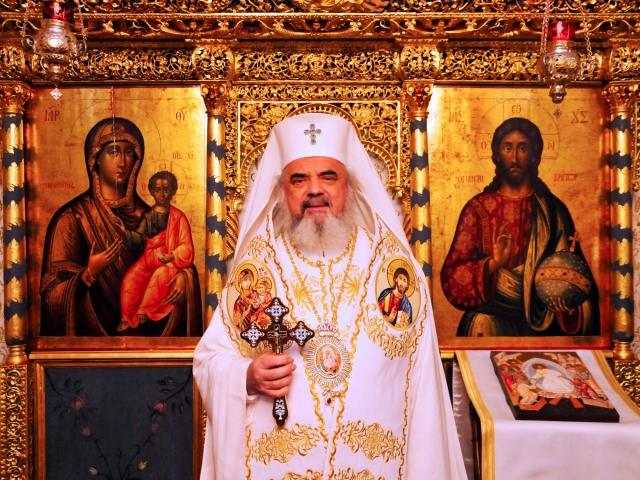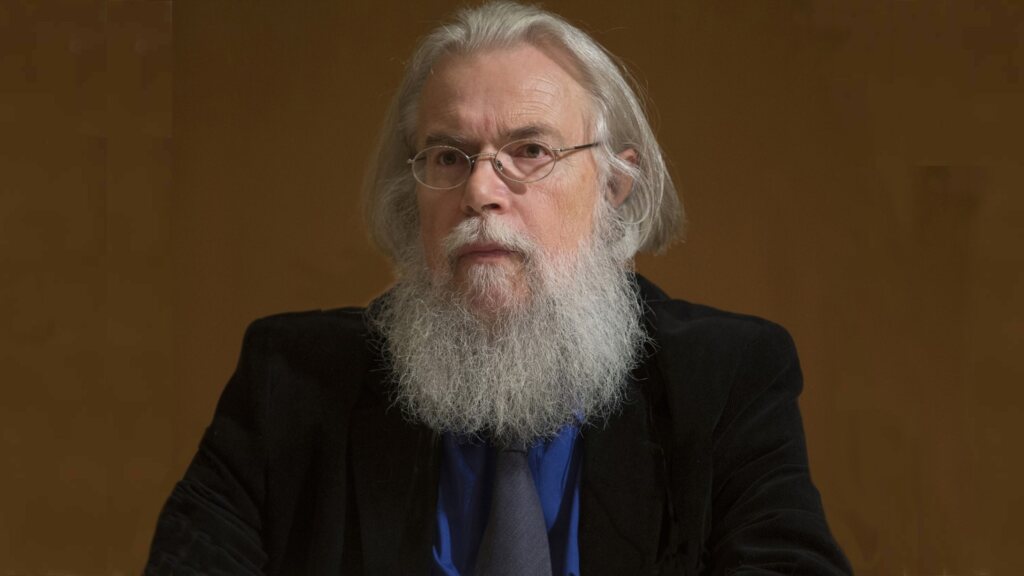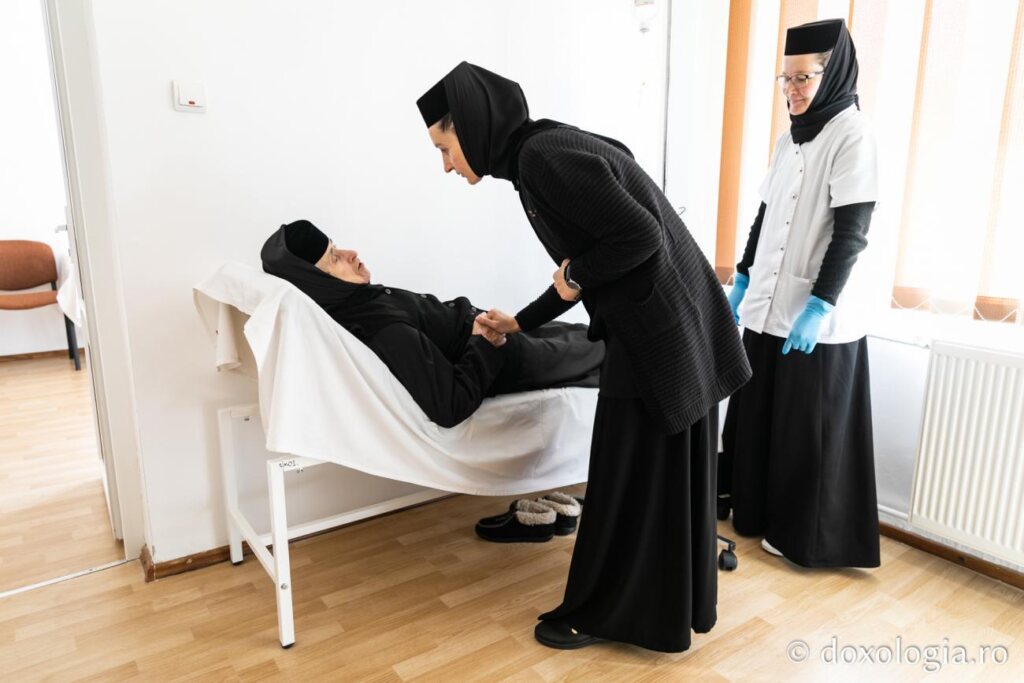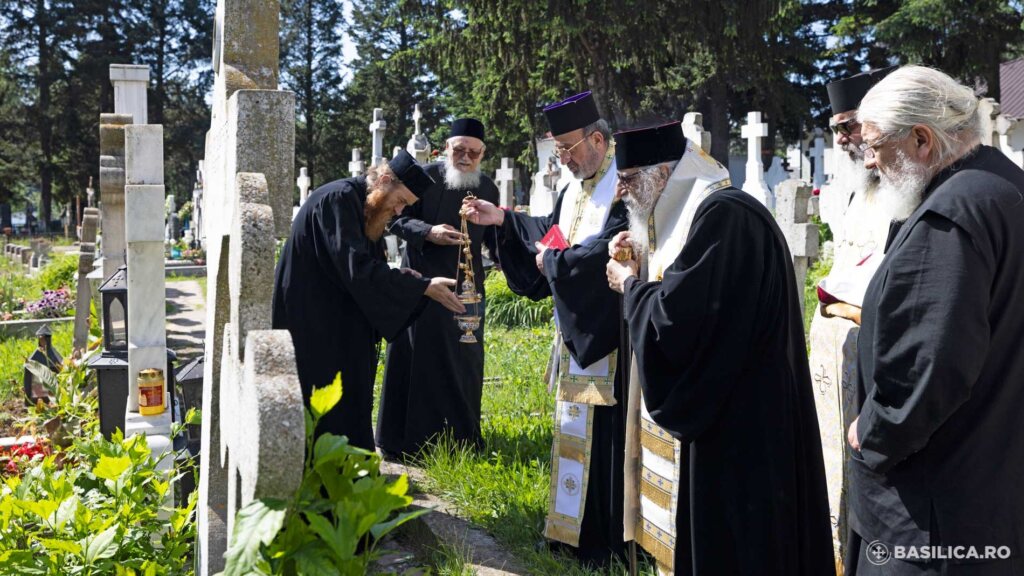Today, the Orthodox Christians are on 26 May 2013, the 4th Sunday after Easter. The pricope of the Gospel according to John chapter 5:1-15 was read during the Divine Liturgy on the miraculous healing of the paralysed man at Bethzatha pool.
His Beatitude Daniel, Patriarch of the Romanian Orthodox Church explained – in the sermon delivered within the Divine Liturgy in the historical chapel of the Patriarchal Residence – the scriptural text pointing out the fact that the Gospel shows us, first of all, that Christ, our Saviour, is the spring of life, healing and sins forgiving.
The Gospel also shows four significant truths for our life, His Beatitude Patriarch Daniel showed: “First of all we see the merciful love of Christ who goes right of his own will to the sick man who had been suffering for 38 years, wishing to heal him. We also see the spiritual wisdom of Jesus Christ, our Lord, as doctor of the soul and body. We learn from today’s Gospel about the great patience of the sick man who united sufferance with patience and sufferance. We also see his gratitude after he was healed. This Gospel of healing is scheduled by the Church during this period just to show us that the Risen Christ is the spring of life, the spring of sins forgiving, the spring of grace which raises man and gives him spiritual and physical integrity in order to create joy to him and to those around, to the community, family and to the church community”.
The Patriarch of Romania has also spoken about the prophetic dimension of the Gospel showing that the Bethzatha pool was an anticipation of the Mystery of Baptism by which we rid of sins, we receive the power to defeat sin, and come close to God in order to get salvation or eternal life.
Stop sinning
The Primate of the Romanian Orthodox Church has also shown in his sermon that the spiritual work of the Saviour with this sick man anticipates the work of the father confessor in the Church.
“The Gospel is full of spiritual teaching. We see that rather often but not always there is a relationship between disease and sin. But the Saviour turns out to be a great father confessor because He does not say what the sin of the sick man was, and neither does He speak about that in the presence of the other sick people. When in the temple, discreet and willing to improve the sinner, He gives him spiritual advice without those around hearing Him and tells him: stop sinning. So, we see that Christ raises the sinner without humiliating him, gives him spiritual advice without talking about that and shows us that He is a healer of the souls through the sins’ forgiving, and a healer of the bodies because He healed the man’s disease. This spiritual work of Jesus Christ, our Lord, anticipates the work of the father confessor in the Church; we see that the healing power of the Christ Crucified and Risen from the dead is a living power conveyed to His Church as Bethzatha pool, the space of raising, healing, recovering man and space who becomes a source of joy through forgiveness and healing”, His Beatitude said.
Besides the Sacrament of the Holy Baptism the Sacrament of the Holy Unction was anticipated at the Bethzatha pool, His Beatitude has also shown.
“In our Church the healing power of Christ united with the sins forgiving is shown through the Holy Sacrament of the anointment of the sick, also called the Sacrament of the Holy Unction. Through the Sacrament of the Holy Unction the healing of the body is given, as well as of the soul as sins’ forgiving or spiritually and physically strengthening the man weakened because of sins and passions. (…) The Holy Unction gives man spiritual power hoping for salvation. So, when the body is not healed, sufferance turns into repentance and into the healing of the body from the alienation from God, so that the body’s healing does no longer matter so much for the sick, if the disease seems incurable, but the salvation of the soul as man’s union with God, as enlightenment of man through the grace of God, as feeling the love of God when man suffers”.
Any one of us can become the hands of the merciful love of Christ
To end with his sermon, the Patriarch of the Romanian Orthodox Church urged us not to let the sick feel lonely, but feel the love of God through our activity working in us.
“Let us help the others with our prayers and mercy, visit the bed ridden sick, encourage, and strengthen them so that they should not be lonely but fell the love of God working through us, who are the body of the Mysterious Christ, namely the Church. Thus, any one of us can become the hands of the merciful love of Christ who makes Himself present near the sick and helps them, bringing them salvation and joy”, His Beatitude said.
Next week, the Orthodox Church will be on the 5th Sunday after Easter, dedicated to the Samaritan Woman.






